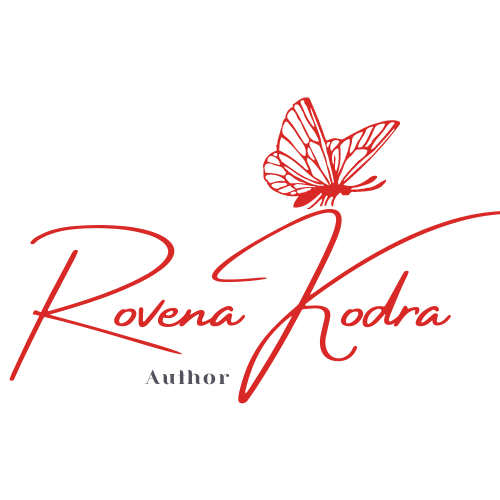Offence: A Mirror to Ourselves or a Fault of Others?
Exploring the Roots of Hurt and the Power of Personal Responsibility
There is an ever-growing tendency in today’s world to ask people to “mind their words” to avoid being offensive. While this may seem like a gesture of kindness or politeness, it raises a deeper question: What truly offends us?
I’m not talking about blatantly offensive or rude language—the kind of words that society collectively agrees carry harmful intent. No, I’m referring to something subtler: the delivery. The tone. The directness. The kind of speech that some find refreshing while others find offensive or intolerable. Why do the same words, spoken in the same way, impact people so differently?
The Subjectivity of Offence
Offence is not universal. It’s deeply personal. What offends one person might leave another entirely unaffected. But if we peel back the layers, what we find is this: offense often has less to do with how something is said and more to do with who we are when we hear it.
Offence is not about the speaker; it’s about the listener. Because offence is rooted in our personal insecurities, our unhealed wounds, and the parts of ourselves we haven’t fully accepted.
Imagine someone who dislikes music being told, “You’re terrible at music.” Would they be offended? Probably not. They don’t care about music, nor do they aspire to be good at it. But tell someone who loves music, someone who is still building their confidence in it, the same thing, and it cuts deep. Why? Because it touches a nerve—a place within them that they haven’t fully accepted or feel insecure about.
Offence as a Reflection of Ourselves
The truth is, offence is often a reflection of our own internal struggles. The words that hurt us most are the ones that highlight areas where we feel vulnerable or inadequate. They act as a thermostat, revealing what we have and haven’t yet accepted about ourselves.
Instead of focusing so much on the way things are said, what if we shifted our attention to why we feel offended? What if, instead of immediately labelling a comment as offensive, we paused and asked ourselves:
Why did this affect me?
What part of me feels exposed or vulnerable?
What does this tell me about what I value or where I need growth?
From Reaction to Reflection
When we approach offence this way, it stops being something to avoid and starts being a tool for growth. That comment that stung? Maybe it stung because it revealed a gap between where you are and where you want to be. Instead of silencing directness, we could use it as an opportunity to better understand ourselves.
Think of offence as a mirror—it shows us what we care about deeply but haven’t fully embraced. It’s not about suppressing sensitivity but about recognizing its roots.
An Invitation to Self-Discovery
What if the next time you felt offended, you didn’t push it away but leaned into it? What if you used that moment as an invitation to uncover a part of yourself that’s still seeking acceptance or confidence? The so-called offensive words could become catalysts for self-discovery, transforming moments of discomfort into pathways for growth.
So, here’s the challenge: The next time you feel offended, ask yourself—what does this say about me? You might find that offence isn’t something others do to us but something we uncover within ourselves. And in that discovery lies the potential for profound growth.
A Message to Parents: Empowering Children Through Offence
As parents, we often feel the need to shield our children from harsh words or uncomfortable perspectives. It’s tempting to focus on how something is said—the tone, the delivery—and to correct others when their words feel too sharp. But the reality is, we cannot control how others speak. What we can control is how we teach our children to react.
Offence, as we discussed, is deeply personal. The same applies to our children. Instead of teaching them to fixate on how a message is delivered, let’s empower them to ask themselves why it hurt. Encourage them to reflect:
What exactly hurt me?
Why did it affect me so deeply?
What does this teach me about myself?
This approach shifts the focus from external blame to internal growth. It teaches children to take responsibility for their feelings, rather than expecting others to tiptoe around their sensitivities. By doing so, we equip them with an incredible tool for self-awareness and resilience.
Offensive moments, when processed constructively, become opportunities for growth. They help our children uncover areas where they may lack confidence or acceptance. Instead of shielding them from these moments, guide them to embrace the discomfort, analyze it, and use it as a stepping stone for personal development.
Imagine the strength they’ll gain when they realise they’re not at the mercy of others’ words. They’ll understand that their reactions are a reflection of their own internal state, and they’ll learn to grow from those moments rather than feel victimised by them.
So let’s teach our children to focus on what is being said, not just how it’s said. Let’s guide them to understand their emotions, own their reactions, and take charge of their growth. After all, the true power lies not in silencing others but in understanding ourselves.


